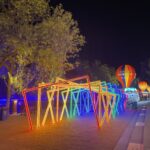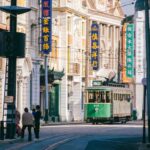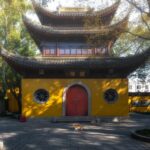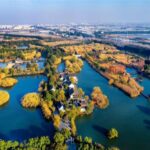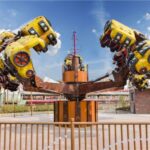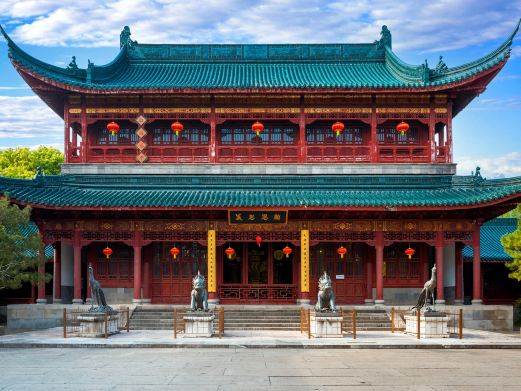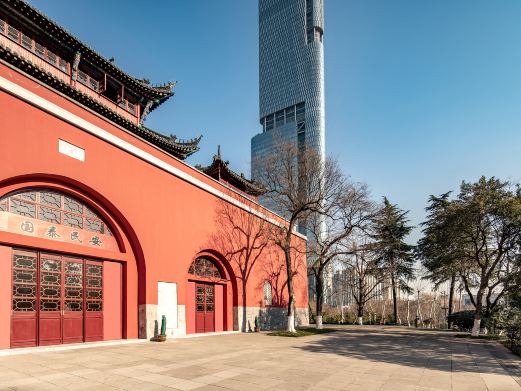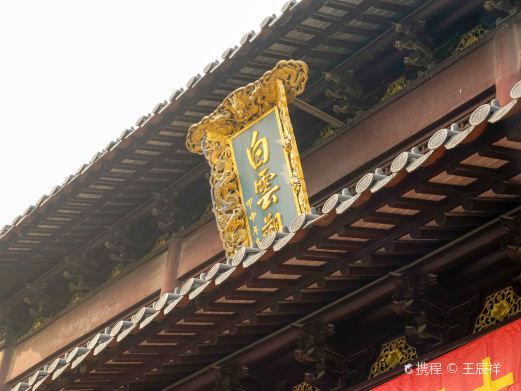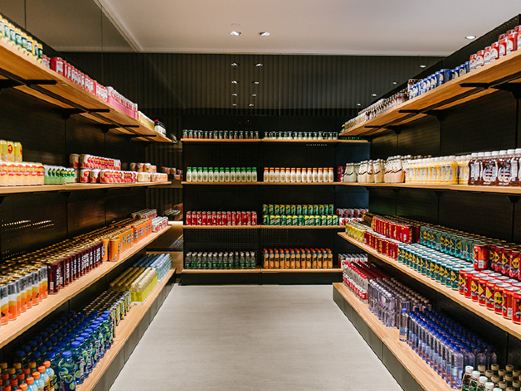The Zhongwangfu of the Taiping Heavenly Kingdom is located on Northeast Street in Suzhou City, Jiangsu Province. Adjacent to the Humble Administrator’s Garden, it is the palace of Li Xiucheng, the loyal king of the Taiping Heavenly Kingdom, a representative of the peasant uprising regime in the Qing Dynasty. It is a relatively complete building remaining from the Taiping Heavenly Kingdom back then, and also a relatively complete palace of peasant uprising army remaining in Chinese history. In 1961, it was announced as a national key cultural relic protection unit by the State Council.
Opening hours: Open from Tuesday to Sunday throughout the year from 09:00 to 17:00; Closed all day on Monday throughout the year.

Must-see tips:

1. Those who are sloppily dressed and wearing slippers (made of sponge, plastic, cotton and other materials and without back straps), carrying pets, carrying inflammable, explosive, alcoholic liquids and dangerous goods are refused entry to visit. The temperature in the museum is about 20 degrees Celsius all year round. Please pay attention to appropriate clothing.

2. Without the permission of the museum, no paid service activities are allowed.
Zhongwangfu of the Taiping Heavenly Kingdom
The Zhongwangfu of the Taiping Heavenly Kingdom is located on Northeast Street in Suzhou City, Jiang[...]
